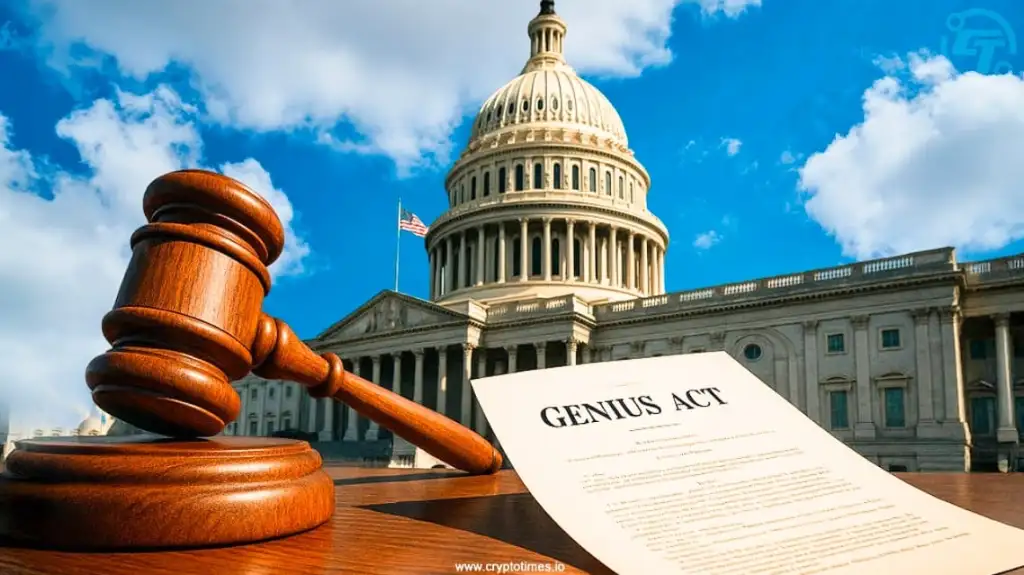As cryptocurrencies and digital assets continue to evolve, countries worldwide are working to establish reliable and transparent regulatory frameworks. The European Union and the United States, two of the largest financial markets, present interesting parallels and differences in their approaches to digital asset oversight.
In the EU, the main regulatory framework is the Markets in Crypto-Assets Regulation (MiCA). It aims to regulate crypto-asset issuers and service providers, ensure transparency, protect investors, and maintain financial stability. MiCA establishes uniform rules across EU member states, including licensing requirements, disclosure obligations, and risk management standards. Special attention is given to stablecoins and high-risk tokens that could impact financial stability.
In the U.S., the recently proposed GENIUS Act serves a similar purpose by creating a comprehensive regulatory framework for digital assets, including tokens and cryptocurrency exchanges. The GENIUS Act emphasizes investor protection, fraud prevention, and the development of disclosure standards, which aligns closely with MiCA’s objectives. A key difference, however, lies in the distribution of authority: in the U.S., regulation is divided among the SEC, CFTC, and other agencies, resulting in a more fragmented structure compared to the centralized EU approach.
An emerging trend is the gradual convergence of regulatory approaches. Both MiCA and the GENIUS Act seek to increase market transparency and resilience, establish consistent standards for stablecoins and tokens, and ensure protection for retail investors. This paves the way for potential international regulatory harmonization and facilitates operations for global crypto projects.
In conclusion, MiCA and the GENIUS Act demonstrate that despite differences in organizational structure and methodology, both regions are moving toward creating a coherent and predictable regulatory environment for digital assets. This strengthens market trust and encourages innovation within the industry.


